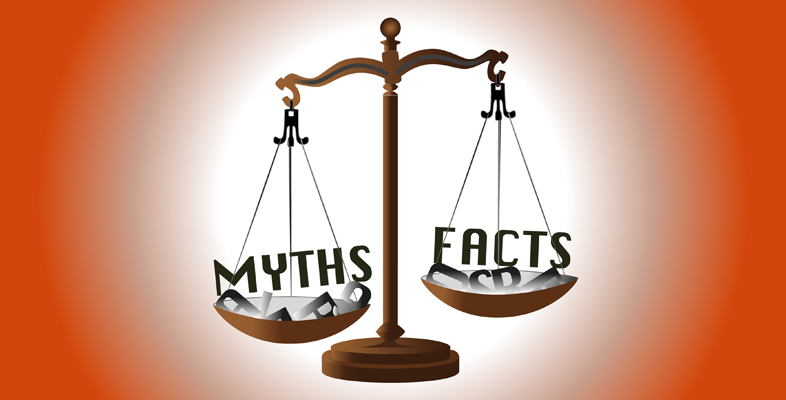7.1 Truth?
The criminal justice system is separate from the civil justice system. The two systems have different courts, procedures and parties. These differences reflect the distinct purposes they serve.
The purpose of the criminal justice system is to punish those who commit crimes. As explored earlier, many crimes have individual victims. However, crimes are also considered to have been committed against society as a whole. The prosecution is therefore brought by the state.
By contrast, the civil courts’ purpose is to resolve disputes between individuals and put things right between the two sides, not to punish them. Typically, the person who is in the wrong is ordered to pay damages – a sum of money – to the other person. For example, if Zofia and Ahmad make a contract (a legally binding agreement) that Zofia will sell her car to Ahmad for £5000, but Ahmad only gives her £4000, the court may order him to pay the outstanding balance. Ahmad will then have the car and Zofia will have the full price, just as they had agreed. The court will not punish him with an additional fine.
The different purposes of the criminal and civil justice systems mean that there are important differences in the ways they operate. These include their courts, decision-makers, parties and levels of proof.
